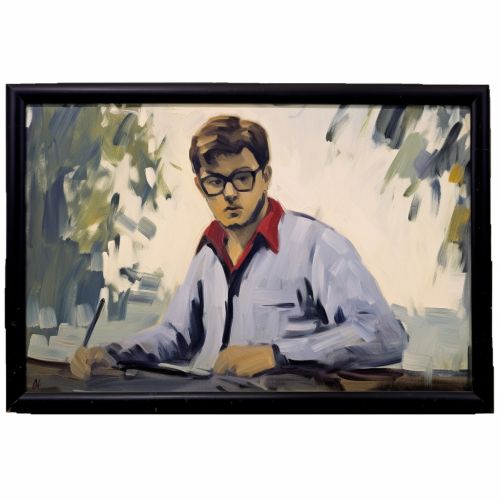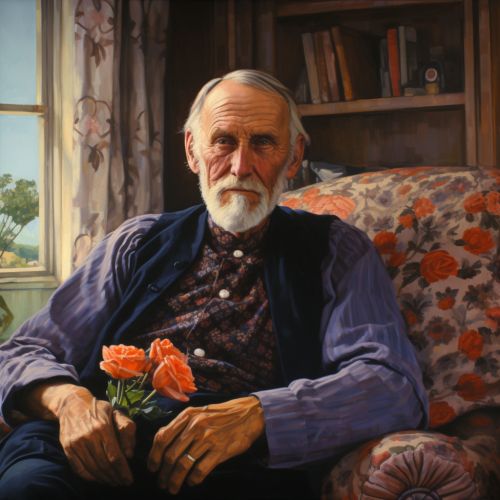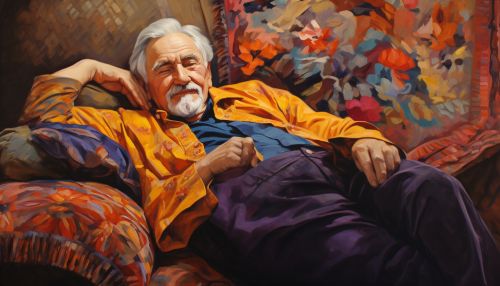Andrey Markov
Early Life and Education
Andrey Andreyevich Markov was born on 14 June 1856 in Ryazan, Russia. He was the son of Andrey Grigorievich Markov, a government official, and his wife, Nadezhda Petrovna Markova. Markov's early education was received at home, where his father taught him the basics of mathematics. In 1866, he entered the Ryazan Gymnasium, an institution known for its high standards in mathematics and classical languages.


In 1874, Markov graduated from the Ryazan Gymnasium with a gold medal and entered the Department of Physics and Mathematics at Saint Petersburg University. Here, he studied under the guidance of the eminent mathematician, Pafnuty Chebyshev. Markov's early work was influenced by Chebyshev's research in number theory and probability theory.
Career and Contributions
After graduating from Saint Petersburg University in 1878, Markov remained at the university to teach mathematics. In 1883, he defended his master's thesis, "On Some Applications of Algebraic Continued Fractions," and was appointed as a Privatdozent, a private lecturer. In 1886, Markov was promoted to Extraordinary Professor, and in 1893, he became an Ordinary Professor.
Markov's most significant contributions were in the field of probability theory. He introduced the concept of Markov chains, sequences of random variables in which the probability of each item depends only on the state of the previous item. This concept has wide applications in physics, chemistry, economics, and computer science.
Markov also made significant contributions to the field of analysis, particularly in the study of functions of real variables. He introduced the concept of Markov processes, a special kind of stochastic process, and developed the Markov's inequality, a fundamental result in probability theory.
Later Life and Legacy
Markov retired from Saint Petersburg University in 1905 but continued to work on his research. He died on 20 July 1922 in Petrograd (now Saint Petersburg).
Markov's work has had a profound impact on the field of mathematics, particularly in probability theory and analysis. The concepts of Markov chains and Markov processes are fundamental to many areas of science and engineering. His work continues to inspire new research and applications in various fields.


